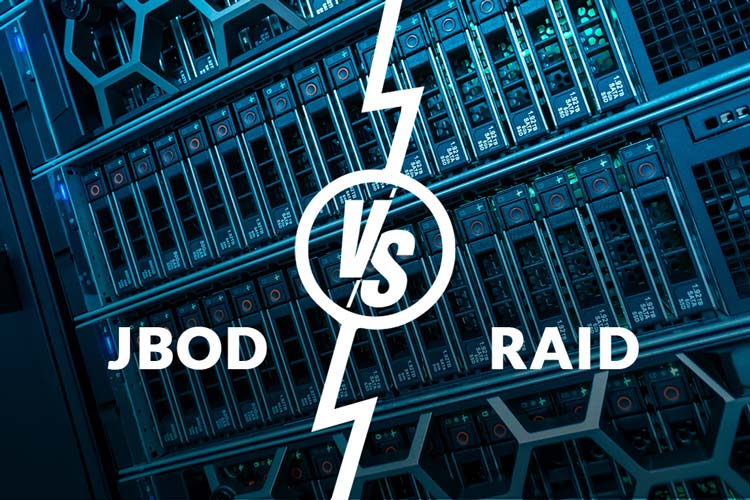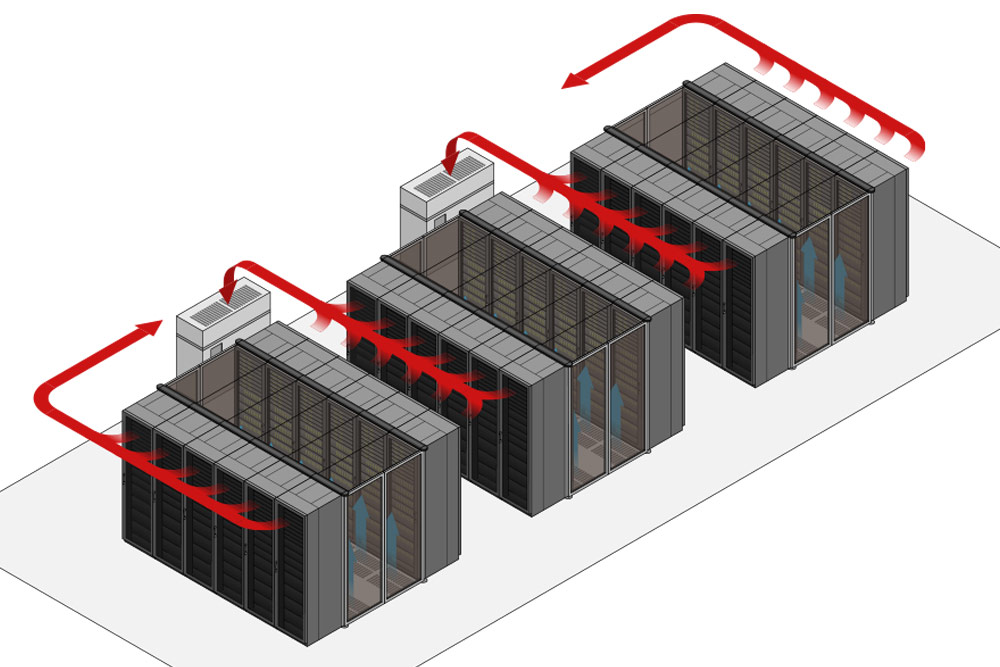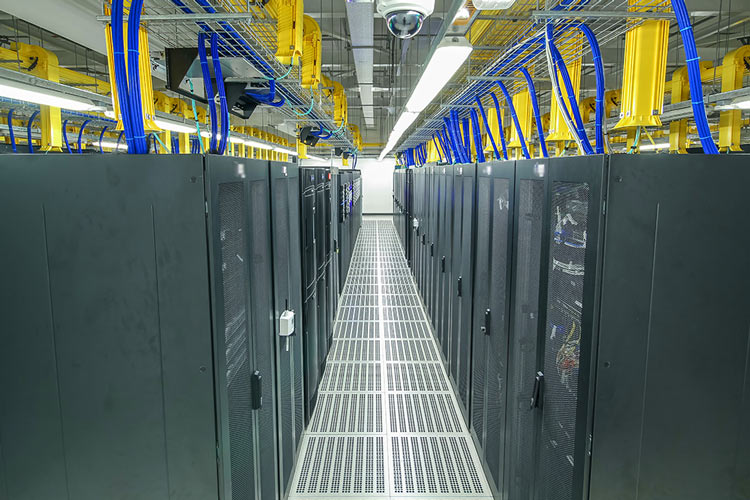As more and more enterprises are becoming multinational and the need for inexpensive, efficient and reliable data center connectivity increases, the use of data center interconnection is becoming a rapidly growing trend in the telecommunications world.
A carrier-neutral data center refers to data centers that allow for interconnection between multiple carriers and colocation providers. The majority of these are operated by a third party that has a very limited part in the provision of Internet service to the user. These centers are entirely free from the companies they allow to utilize the center. They do not compete with these businesses and rarely offer service packages.
By utilizing a cross connect service within a carrier-neutral data center, enterprises are able to massively expand their reach without increasing cost. Moreover, carrier-neutral data centers give enterprises the ability to contract directly with the providers they choose without having to sign up for a preset package deal with a single provider or carrier.
Understanding Cross Connect Services in Telecommunications
Cross connects are the actual, physical cables that give users the ability to connect directly to two different termination locations within a single data center. While generally used by large enterprises, cross connect services give companies the ability to reduce latency and improve traffic flow management and network reliability while ensuring the highest possible level of performance.
Cross connect services in data centers have four primary benefits:
- Traffic Flow Management. Cross connect services enable companies to better monitor and manage traffic exchange between data centers.
- Disaster Recovery. Cross connect services offer increased network reliability as a direct result of the improved disaster recovery rates associated with cross connection. The fact that multiple servers, and service providers, are being utilized allows for a more secure data set and reduces the chance of a complete loss of data after a disaster.
- Latency Reduction. Cross connect services reduce latency by sending cross connects to the servers and ISPs serving a company’s end-users in the same building.
- Global Networking. Cross connect services offer advantages in redundancy and pricing through connections with multiple global networks.
What Is Data Center Interconnection?
A data center interconnection refers to the practice of using at least two data centers to achieve IT goals. These data centers share connectivity and are able to work together to share resources and exchange workloads. Most commonly achieved by connecting data centers through a shared VPN, these data centers are then able to use any or all IT resources within the network.
How Is Data Center Interconnection Used?
Data center interconnection serves five primary purposes – each with the end goal of increasing efficiency and performance while reducing cost.
- Multiple User Connection. Connecting multiple data centers within one organization.
- Shared Resources. Connecting partner and customer data centers with shared resources.
- Shared Workloads. Allowing shared workloads by enabling most of the processes to be executed at the interconnected data center.
- Scalability. Enabling enterprises to meet scalability needs by pooling data center resources.
- Disaster Recovery. Using the interconnected data center as a disaster recovery site.
Finding carrier-neutral data centers with cross connect services
Businesses looking to increase efficiency and reach while decreasing costs are advised to call Volico at (888) 865-4261 to speak with a data center representative about the cross connect services we provide. To learn more about Volico’s packages, services and how these will help you better meet you company’s IT needs.












